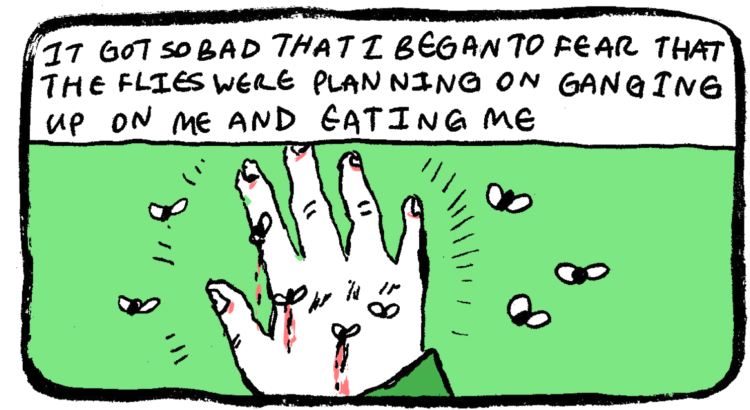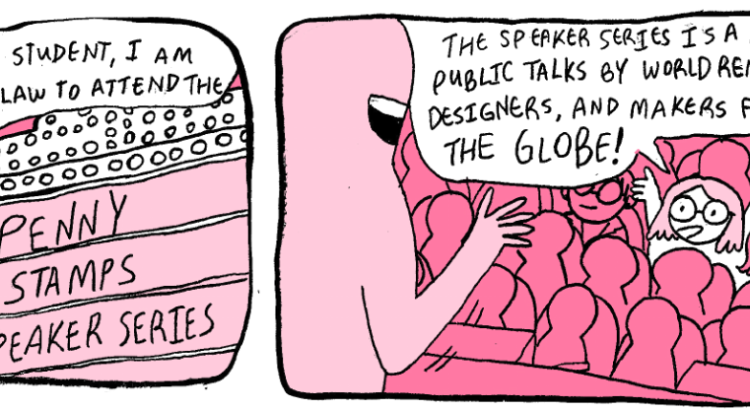Although I’m not proud of it, I spent almost all day Saturday marathoning season three of Orphan Black, this crazy awesome show that some people have heard of but most people haven’t. But for those of you that don’t know, Orphan Black is a show about clones. Crazy, cool, awesome, kick-butt clones. And I absolutely love it.
My time with Orphan Black started this past summer, when I was studying abroad in England. Although I definitely had zero time for Netflix, and to be honest who wanted to spend time watching Netflix when you could literally explore Oxford, I still explored the offerings that UK Netflix had to offer and was pretty satisfied. And though I wanted to watch all the things, I decided that perhaps starting one show would be good. So when the pubs closed at midnight, I grabbed some food from the awesome food trucks and started a new adventure with Orphan Black.
Needless to say, I was hooked, and burned through both season one and season two pretty quickly, although I ended up stopping around episode 6 of season two because I couldn’t completely ignore my papers, even if I wanted to.
Although I tried to pick it back up once I got back stateside, I never really had time for it, and since I didn’t have it on the convenience of Netflix, I ended up kind of giving up, at least for the time being. Instead, I picked up awesome shows like Jane the Virgin and Quantico on TV right now, and I was satisfied.
But for some reason, last week I decided I wanted to watch Orphan Black, and my roommate chimed in “it’s on Amazon Prime,” which we have on our amazing smart TV in our apartment. So, of course, the order of the day was to finish it as soon as possible. Last night I finished season three and season four thankfully starts next week, and actually at a time when I can watch it live.
As I was watching it, though, I started to wonder what made me like it so much. I do like sci-fi, and I love that the lead is a woman, and it’s definitely a woman-empowerment show, without it necessarily being in your face about it, because Sarah Manning definitely has other things to worry about besides the patriarchy. I love watching the intricacies of Tatiana Maslany’s acting, how freaking amazing she is at portraying all of these completely distinct women. Like seriously, she often has to play one version of a character pretending to be another version, which is honestly mind-blowing from an acting standpoint. Give this woman an Emmy already.
But I also realized that one thing I love about it is that it’s not just sci-fi. It’s almost a whole new genre, realistic sci-fi. I remember when I learned about magical realism and how it essentially blew my mind. That’s what Orphan Black is. It’s sci-fi realism. Although the science, I’ve been told, is pretty far from being accurate, it’s really fascinating how they use the science throughout the show. It grounds the entire plot, making it not “clones from another world,” but real people dealing with this scientific thing. It sometimes gets out of hand, and you are thrown into a world where things happen not as logically as they would in real life, but for the most part, everything seems plausible. Everything crazy that happens on the show happens for a reason.
Science fiction is definitely a strong, diverse genre that often does not get enough credit, being written off by people who don’t like “that Star Trek stuff.” And I’m sure Orphan Black is not the first sci-fi narrative to use science as a way to make something unrealistic seem plausible. But it’s possibly one of the most successful, which is really, really cool, and I hope there’s more like it in the future.






 (Actually not The End!!!)
(Actually not The End!!!)